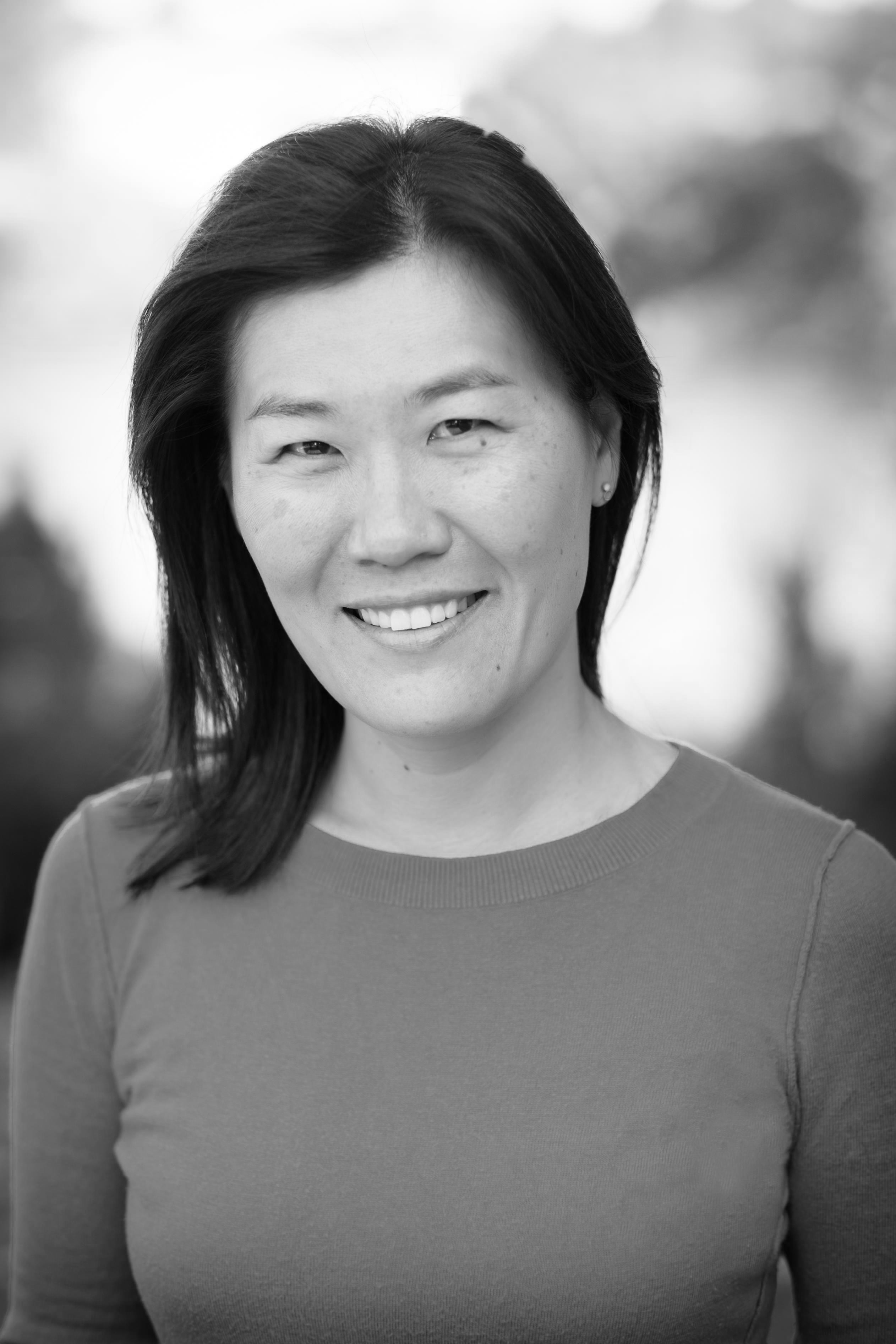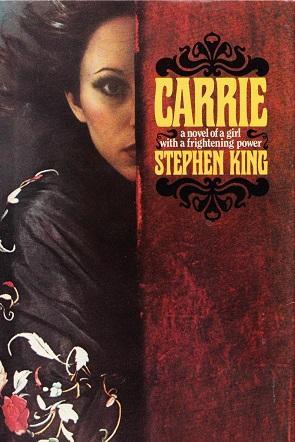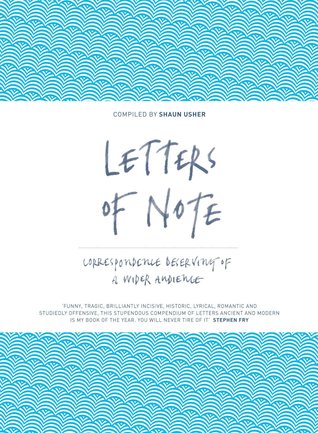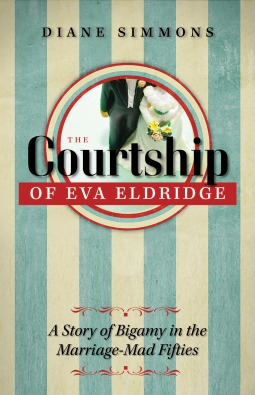 Born in Taiwan and raised in the United States, Yi Shun Lai is a copywriter, novelist and writing coach who has written everything from lingerie catalog copy to articles about the great outdoors. Blending humor and insight, her essays appear in a variety of literary journals, and she is the nonfiction editor for the Tahoma Literary Review. She lives in California.
Born in Taiwan and raised in the United States, Yi Shun Lai is a copywriter, novelist and writing coach who has written everything from lingerie catalog copy to articles about the great outdoors. Blending humor and insight, her essays appear in a variety of literary journals, and she is the nonfiction editor for the Tahoma Literary Review. She lives in California.
Her debut novel, Not a Self-Help Book: The Misadventures of Marty Wu, is a comic portrayal told through diary entries of a young woman finding balance between family expectations and her own creative dreams.
"I love the epistolary form for the way it lays open the letter writer’s intent; for the intimacy of it. I love the voiciness of it, the way a character can really shine within just a few lines," says Lai. "And yes, I love looking at other people’s mail."
Yi Shun Lai shares her three favorite books written in the epistolary form:

 Carrie
Carrie
By Stephen King
When I read it the first time, sometime in high school (isn’t that when many of us first encounter Stephen King books?), I didn’t clock it as being epistolary, like I clocked Dracula right away. I just knew that I closed the book feeling rattled for Carrie, super sad for her.
Many years later, preparing for a lecture I was going to give on the epistolary form, I came across Carrie in a list of epistolary novels. “Surely not,” I thought to myself. “This must be a mistake.” I went back to Carrie at my local library, and there it is, right smack on page 1, an article from the Carrie’s local newspaper. Paging through it, the reader encounters excerpts from psychological texts; graffiti from the Carrie’s high school’s bathrooms, excerpts from more books.
Oh, sure, it’s all interspersed with more traditional narrative, so this isn’t strictly an epistolary novel — but it’s fascinating to think that I remember it as a straight narrative, and even more interesting when I think of the effect that Steven King’s technique here has on us — we walk away from the book knowing more about what others think of Carrie than what Carrie thinks of herself, and that’s what makes the book utterly tragic—and, in the end, horrifying.

 Letters of Note
Letters of Note
edited by Shaun Usher
Editor Shaun Usher curated over a hundred letters that are “deserving of a wider audience,” giving this book a permanent place on my shelf because of the many, many situations the reader encounters as she’s reading these letters. Some of them need no introduction whatsoever; some are between celebrities; some are from people you may never have heard of.
I love this book, and its corresponding web site, for the obvious voyeuristic joy we all get out of reading someone else’s mail, but I also love it for its regular reminder that the greatest stories can arise from imagining a situation. Each of these letters arose from a situation. From there, if we ask ourselves, “and then what?” we can easily lose ourselves in as long or as short a story as we like.

 The Courtship of Eva Eldridge
The Courtship of Eva Eldridge
by Diane Simmons
This book demonstrates the great breadth and depth of epistolary materials. It's subtitled “A Story of Bigamy in the Marriage-Mad Fifties,” and its tagline says that Simmons drew from over 800 letters and papers in order to write the book. Her diligence is evident, but although I was prepared to enjoy the book for baser reasons (c.f. “voyeurism,” above), I also found myself deeply impressed by the detective work that Simmons had done using the masses of paper she waded through. What we get is a story that goes far beyond the marriage of one woman to a six-time bigamist.
Simmons crafted such a complete picture of what it was like to live as a woman in the 1950s, from these papers. Diaries, dry-cleaning slips, tickets from movies and car washes, grocery lists — nothing, it seems, was discarded from the over 800 pieces that she pressed into service to write this book.
Of course, we’d have to ask Simmons herself, and if we ever meet, I will, but I feel she was able to see the significance of even the smallest piece of paper. And I’m better informed because of her vision and scope.




















